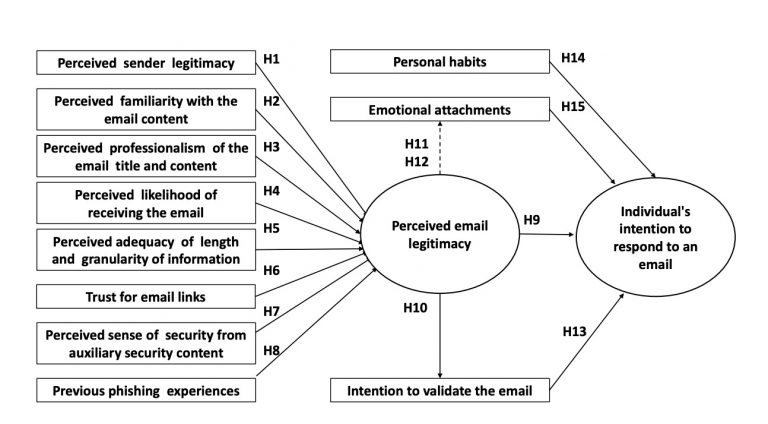Futurist John Seely Brown: To fix education, think Web 2.0
A consultant and former chief scientist at Palo Alto Research Center, Seely Brown spoke at a conference on technology and education at the Massachusetts Institute of Technology. The conference was organized to mark the end next year of an eight-year partnership between Microsoft and MIT [article] to explore the use of technology in learning.
Seely Brown argued that education is going through a large-scale transformation toward a more participatory form of learning.
Rather than treat pedagogy as the transfer of knowledge from teachers who are experts to students who are receptacles, educators should consider more hands-on and informal types of learning. These methods are closer to an apprenticeship, a farther-reaching, more multilayered approach than traditional formal education, he said.
In particular, he praised situations where students who are passionate about specific topics study in groups and participate in online communities.
“We are learning in and through our interactions with others while doing real things,” Seely Brown said. “I’m not saying that knowledge is socially constructed, but our understanding of that knowledge is socially constructed.” […]
The evolution of the Internet can facilitate this approach, he said. Web 2.0 tools, such as wikis and blogs, make information sharing and content creation easier. […]
The Internet is also helping drive a transformation from a mass media model–where information is delivered from experts to consumers–to a situation that allows people to create content online, often by using existing content, he said.





[…] Putting people first » Futurist John Seely Brown: To fix education, think Web 2.0 Dumbest and most uninformed statement ever: “The evolution of the Internet can facilitate this approach, he said. Web 2.0 tools, such as wikis and blogs, make information sharing and content creation easier.” (tags: web2.0 blog wiki) […]
[…] In una conferenza sulle tecnologie per l’insegnamento tenutasi al MIT, John Seely Brown ha sostenuto che la formazione deve diventare sempre più informale e partecipativa — una sorta di apprendistato — poiché l’apprendimento è fortemente basato sulle interazioni con gli altri mentre si eseguono compiti pratici. Il Web 2.0 con le sue caratteristiche di condivisione e collaborazione può supportate quest’evoluzione. […]